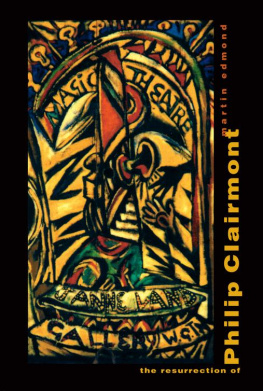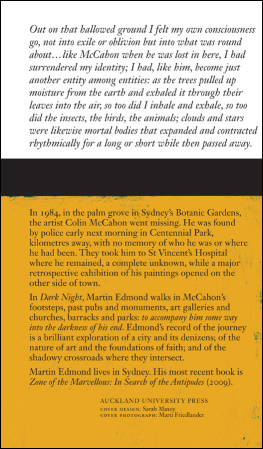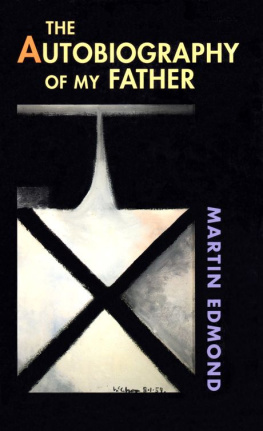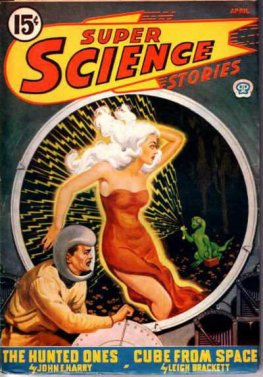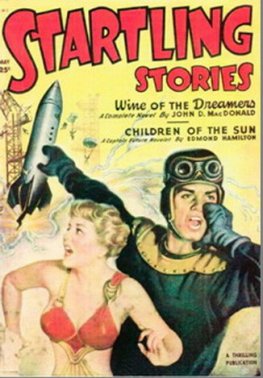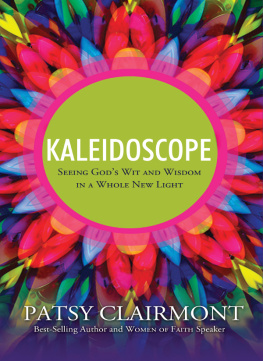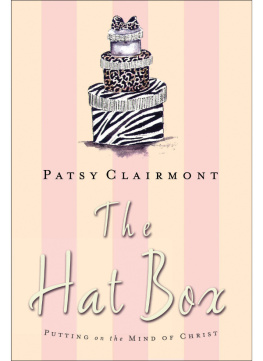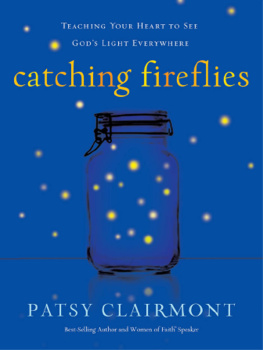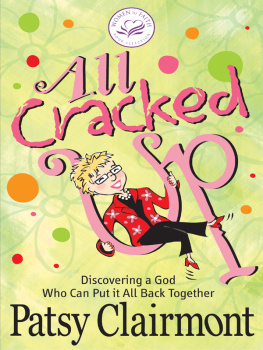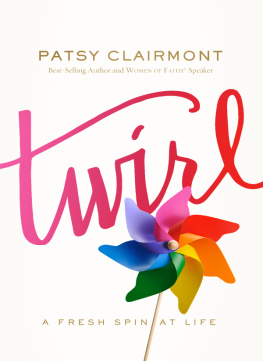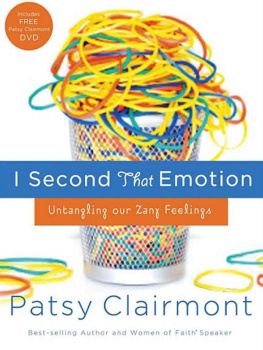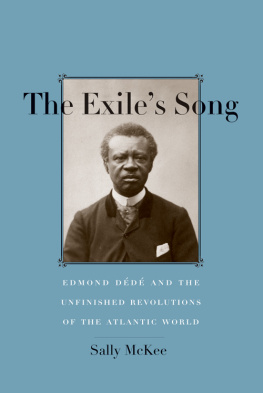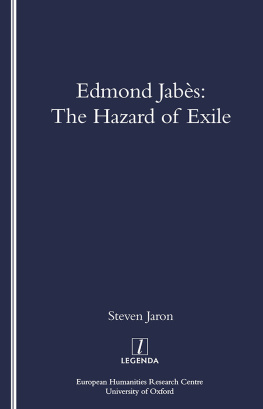Martin Edmond - The Resurrection of Philip Clairmont
Here you can read online Martin Edmond - The Resurrection of Philip Clairmont full text of the book (entire story) in english for free. Download pdf and epub, get meaning, cover and reviews about this ebook. year: 2011, publisher: Auckland University Press, genre: Detective and thriller. Description of the work, (preface) as well as reviews are available. Best literature library LitArk.com created for fans of good reading and offers a wide selection of genres:
Romance novel
Science fiction
Adventure
Detective
Science
History
Home and family
Prose
Art
Politics
Computer
Non-fiction
Religion
Business
Children
Humor
Choose a favorite category and find really read worthwhile books. Enjoy immersion in the world of imagination, feel the emotions of the characters or learn something new for yourself, make an fascinating discovery.
- Book:The Resurrection of Philip Clairmont
- Author:
- Publisher:Auckland University Press
- Genre:
- Year:2011
- Rating:3 / 5
- Favourites:Add to favourites
- Your mark:
- 60
- 1
- 2
- 3
- 4
- 5
The Resurrection of Philip Clairmont: summary, description and annotation
We offer to read an annotation, description, summary or preface (depends on what the author of the book "The Resurrection of Philip Clairmont" wrote himself). If you haven't found the necessary information about the book — write in the comments, we will try to find it.
The Resurrection of Philip Clairmont — read online for free the complete book (whole text) full work
Below is the text of the book, divided by pages. System saving the place of the last page read, allows you to conveniently read the book "The Resurrection of Philip Clairmont" online for free, without having to search again every time where you left off. Put a bookmark, and you can go to the page where you finished reading at any time.
Font size:
Interval:
Bookmark:
For PCT
seltsame Affinitt der Zustande
Whoever turns biographer commits himself to lies, to concealment, to hypocrisy, to embellishments, and even to dissembling his own lack of understanding, for biographical truth is not to be had, and, even if one had it, one could not use it.
Sigmund Freud
It was late afternoon in September 1991, one of those pristine spring days when Sydney takes on the aspect of a super-realist painting, hard-edged, chromatic, unforgivingly exact. I was walking over the Belvedere Bridge with Peter Cathro. We were going up to the Mansions to buy some wine. I remember the precise spot we were on the bridge, towards the Kings Cross end, where a piss-scented wattle and a Chinese jasmine grow over the white painted iron fence, when I said:
Who is it at Zee wants to make a film about Philip Clairmont?
Its me, said Cathro, grinning. You ever written a documentary?
No.
Want to?
Sure.
We walked on down the ramp towards St Canice. It was a while before I spoke again.
I knew him, I said.
I know, said Cathro. He was looking rather pleased with himself. I had the disconcerting sense that comes from initiating, in all innocence, a conversation someone has already decided to have with you. It was like falling into a trap. Id only just met Cathro. He was a few years younger than me, just starting out on his chosen career as a film director. Later I realised how brittle his confidence was; now, he seemed not only plausible, but capable too. Hed turned up at our place unexpectedly, over from Auckland for a few days. He was a partner in Zee Films with Richard Riddiford, whod become a good friend in the days when he was living in Elizabeth Bay and directing episodes of E Street for Channel Ten. Richard and I had floated a couple of feature film projects together, including a cracker about bird smuggling which had been gazumped by a local maverick producer and then never made so here was Cathro, talking about Phil Clairmont.
I dont think we got much further that day. We speculated about the possibility of resurrecting aspects of the ethos of that generation the 1970s and feeding them into the culture of the 1990s, which was a pretty good idea; but he was vague when it came to the detail of the film he wanted to make, and I was diverted by the implications of the subject. The suggestion that I should be a vessel for the transference of the spirit of Philip Clairmont and all he represents from there to here filled me with anxiety. It still does, only now I know why. For the moment, once we broached the wine, I was jaunty as Cathro. I was broke and between projects, and this looked like an authentic earner. Never mind the problems. I was in.
The anxiety comes from a deep place, right down where the sources of creativity are said to lie. Phil Clairmont, when I met him in May of 1974, was one of the few people I knew who had it. It, to me, then, was access to a kind of mother lode, a primal store of energy, a sort of reactor of the soul which allowed your intelligence to decay effortlessly into works which had meaning in the world. I can be quite specific about this. The others I knew who had it were a painter I had shared a house with previously and two poets I was more or less acquainted with.
It is something you cant fake. You can bleed off it in others, but not if you wish to retain your self-respect, or the possibility of digging your own shaft and working at your own coal face. These are hard lessons. Part of my anxiety was to do with my own uncertainty, given the exacting people I had studied with, as to whether or not I had learned them. Part was a suspicion that Cathro was himself in the midst of the same process of learning the difference between authenticity and desire. Beyond that was the anxiety inspired by the subject of Phil Clairmont not just his person, not just his works either, but his fate. I was afraid of confronting what had happened to him.
Over the summer I made a couple of attempts at writing a documentary treatment. They were lamentable. I didnt know how to treat the subject, nor did I know anything like enough about it, only what I could recall from my own experiences, and they were years ago. And what about the paintings? Surely they were the heart of the matter? No one was saying anything about the paintings. There was only the skimpy catalogue for the 1987 retrospective which somehow carried the implication that the 39 works therein were all that were worth conserving out of a lifetimes work. Many of the paintings I remembered seeing in the 1970s werent even in it. It was full of absences, not least that of the artist himself.
Cathro returned later in the summer, on a round-the-world junket shooting a commercial for Thomas Cook. He and his producer, Michele Fantl, another Zee partner, were staying in a brand-new hotel in Kings Cross, the Century Radisson, and moved in an atmosphere of dissolute extravagance. On a late night out the morning before they left, at the bar in a nightclub up the Cross, Cathro poured all his loose change into my open hands a shower of golden coins, enough for us to live on for a week. He also brought some video tapes with him a poor copy of the 1981 Bruce Morrison documentary, which Id never seen, and a three-hour interview Cathro had recorded with Thelma Clairmont, Phils Mum.
The documentary was good for recalling Phils civilised demean-our, his oddly hesitant voice, the chaos of his life, the brilliance of his art. There were some shots of paintings, but they were hard to see past the black line rolling through the screen and the coincident static. The very existence of the film raised a question which I could tell had Cathro worried: how would what we were doing differ from what had already been done? The answer seemed obvious to me our subject was dead, had died in harrowing circumstances and his work had since fallen into neglect. Cathro didnt seem convinced.
The tape of Thelma was extraordinary. Cathro had gone in undercover, as it were, with his video recorder concealed in a bag. At some point he had set it going, but he hadnt managed to get the lens cap off until part of the way through and, when he did, the only thing in shot was Thelmas leg. After two hours screen darkness inhabited by Her Voice, suddenly there was a robust, stockinged leg with a black, sensible shoe on its foot. Hed managed to move the camera a couple of times, so you saw glimpses of the other leg and then the wall behind Thelmas head, but never her face. It was like some dark, inadvertent parody of a Samuel Beckett play.
Thelma has two major modes of discourse, a reckless, who-givesa-damn, gleeful shout and an intimate, complicit, confessional voice which trembles at the brink of the unspeakable. The first is always breaking wide open into some hilarious anecdote or strenuous rebuke directed at someone who has betrayed her or her son or, worst of all, her memories of her son; the second is liable at any moment to become a recital of the griefs of a misused woman, ending in tears. She was not easy to listen to. I remember wondering what it might have been like for Phil growing up with these voices in his head. I also realised there was some mystery about his father. He had the imagination of a potato, Thelma said. It was like being married to a dead sheep.
It was about this time, the autumn of 1992, that Cathro started talking about making a drama based on the life. I thought it was a bad idea and said so, but he was adamant. Every time the question of a documentary came up hed say wed always want to be talking to Phil. Id point out that it is possible to make documentaries about dead people; hed shake his head and so it would go. I couldnt shift him. Jonathan Dowling, his producer and the fourth partner in Zee, seemed to agree. They were preparing an application for development funding to the Short Film Fund of the New Zealand Film Commission where did I stand?
Font size:
Interval:
Bookmark:
Similar books «The Resurrection of Philip Clairmont»
Look at similar books to The Resurrection of Philip Clairmont. We have selected literature similar in name and meaning in the hope of providing readers with more options to find new, interesting, not yet read works.
Discussion, reviews of the book The Resurrection of Philip Clairmont and just readers' own opinions. Leave your comments, write what you think about the work, its meaning or the main characters. Specify what exactly you liked and what you didn't like, and why you think so.

